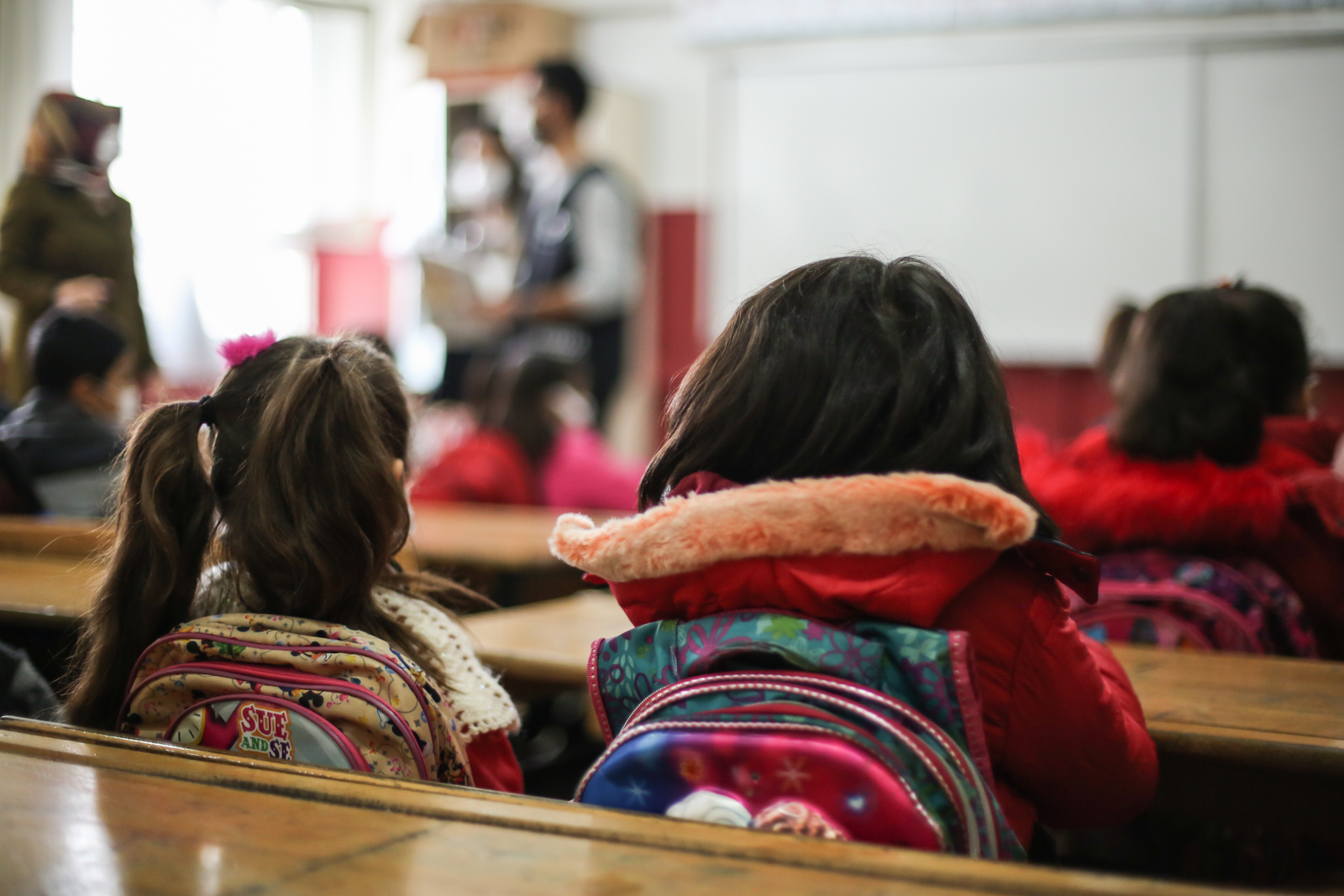
15 years in jail for first man to be convicted of kidnapping Chibok schoolgirls
Children in conflicts, Education in emergencies, Girls' education
The 35-year-old admitted to being involved in the 2014 mass abduction by Boko Haram that shocked the world, said a Nigerian justice official.
A man involved in the 2014 kidnapping of more than 200 schoolgirls from Chibok in northeast Nigeria has been jailed for 15 years, the government confirmed.
The conviction of Haruna Yahaya, 35, is the first in relation to the mass abduction, which triggered global outrage and sparked a worldwide campaign for the girls’ release.
A total of 276 students were seized from the Government Girls Secondary School in the remote town in Borno state on the evening of April 14, 2014.
Fifty-seven escaped in the immediate aftermath. Since May 2016, a further 107 have escaped, been found or released after government talks with the jihadists, leaving 112 still in captivity.
Justice ministry spokesman Salihu Isah said Yahaya admitted to being involved when he appeared at a special court trying hundreds of Boko Haram suspects.
Nigeria began prosecuting people arrested during the insurgency last October, starting with 1669 suspects held at a military detention facility in Kainji, in the central state of Niger.
“It is true that a member of Boko Haram who took part in the kidnapping of the Chibok schoolgirls was given 15 years jail,” said Isah.
“Haruna Yahaya, who is 35 and handicapped with a paralysed arm and a deformed leg, was arrested in 2015 by the Civilian JTF,” he said, referring to the joint task force militia.
“He confessed to having taken part in the abduction.”
Isah said Yahaya’s defence lawyer “pleaded for leniency” on the grounds that he was “forcibly conscripted into the group and he acted under duress”.
Yahaya was previously a trader in the town of Potiskum, in Yobe state, northeast Nigeria. He claimed he was forced to carry an AK-47 assault rifle during the Chibok abduction.
Boko Haram has used kidnapping as a weapon of war in its quest to establish a hardline Islamic state in northeast Nigeria, seizing thousands of women, young girls and men of fighting age.
“But the court dismissed his plea on the grounds that he had the option not to take part in Boko Haram activities… His sentence starts from the time of conviction,” said Isah.
Yan St-Pierre, a counter-terrorism specialist with the Modern Security Consulting Group, said: “Involvement with Boko Haram is not necessarily voluntary. But it’s very difficult to prove.”
A total of 468 of the 1669 Boko Haram suspects held at Kainji were released last year after it was found they had no case to answer. Forty-five others were sentenced to between two and 15 years in jail and 28 had their cases transferred.
A further 82 pleaded guilty in exchange for a lesser prison sentence or release taking into account time served in custody. This week 19 defendants were jailed for between three and five years, said Isah.
Nigeria’s government initially banned the media and public from attending the trials, sparking criticism from the UN and human rights groups.
But the second phase of proceedings at the remote military base have now been opened to some civil society groups, including human rights organisations and the media.

More news

Skills for the future give young people the best chance of success
